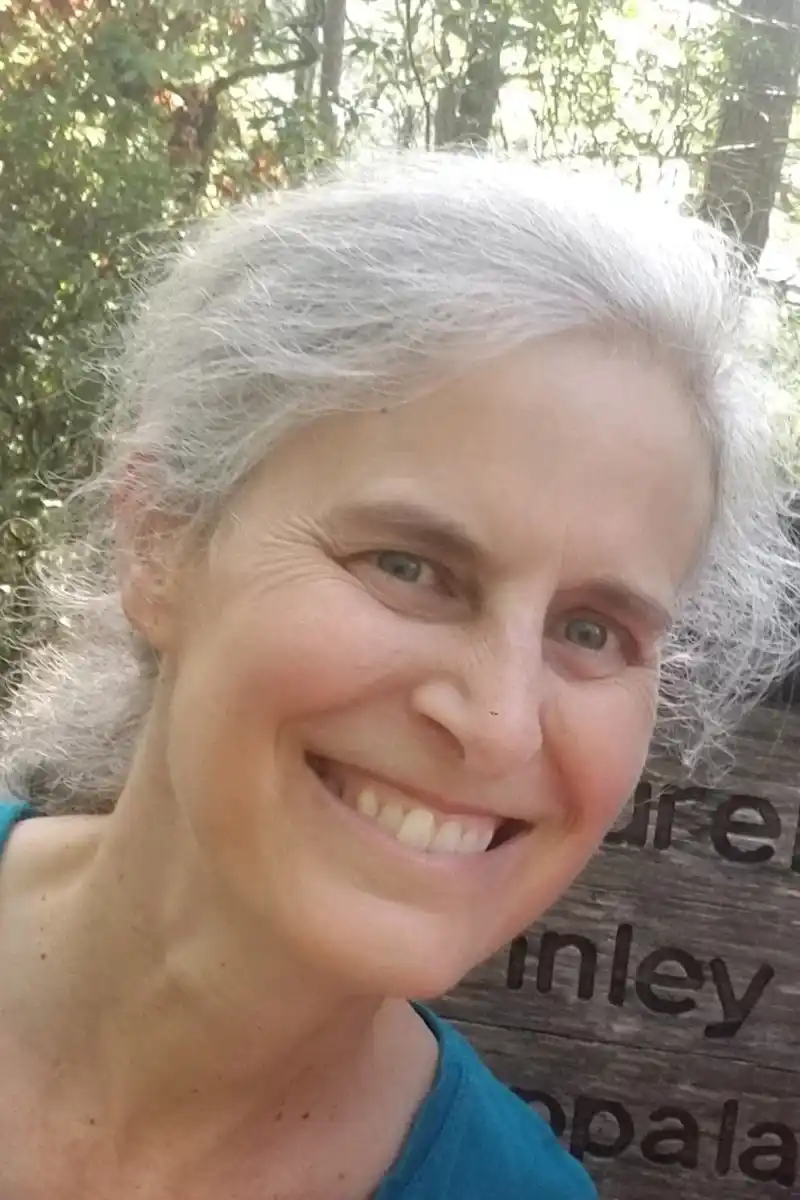Klenk, Rebecca
Rebecca Klenk
Lecturer | Cultural Anthropology
Rebecca Klenk was a sociocultural anthropologist, affiliated with the University of Tennessee’s Anthropology Department, who taught in Interdisciplinary Programs in Global Studies, Asian Studies, and Women, Gender and Sexuality. She conducted long-term ethnographic fieldwork in India on the gendered dynamics of development and globalization. Broadly, Rebecca used an interdisciplinary anthropological approach to address the intersections of debates about modernity, gendered subjectivity formation, and education in postcolonial India and the postwar United States. Her book, Educating Activists: Development and Gender in the Making of Modern Gandhians, and series of articles focused on the negotiation of globally circulating discourses and processes of development by marginalized students at a justice-oriented educational initiative in Uttarakhand. In this work, she analyzed how transnational colonial and postcolonial histories coalesce in the initiative, and the ways in which two generations of rural Himalayan women accepted, refused, and reinterpreted development’s terms on a quest to serve their own communities. Further research by Dr. Klenk examined the historically sedimented social life of India’s Right to Education Act in the context of globalized rights-based approaches to democratizing education.
Department statement
We are deeply saddened by the passing of our dear colleague Dr. Rebecca Klenk, on November 15th, 2020. Becca, as many of us knew her, was an accomplished cultural anthropologist, whose book Educating Activists: Development and Gender in the Making of Modern Gandhians, provides an ethnographically rich and beautifully written account of how women and girls in North Indian Himalayan communities navigate and craft ideas and practices of development and gender in a contemporary India pulled between Gandhian and neoliberal understandings of developmental modernity. Dr. Klenk mentored and taught students at UTK for many years, leaving an indelible mark on the Women’s, Gender, and Sexuality Studies Program, the Global Studies Program and the Department of Anthropology. Please click here to read her obituary on The Daily Times.
Research
Globalization & Development; Education; Human Rights; Sustainability & Environment; Medical Anthropology; Gender; Social & Ethnographic Theory; the Himalayan region, India and the United States
Publications
Book
Selected Chapters, Articles and Published Proceedings
- 2018. Klenk, Rebecca M. “Accessing Justice? India’s Right to Education Act” in Human Rights and Justice: Philosophical, Economic, and Social Perspectives, edited by Melissa Labonte and Kurt Mills, London & New York: Routledge, pp. 80-101.
- 2014. Klenk, Rebecca M. “Gandhi’s Other Daughter: Sarala Devi and Lakshmi Ashram” Himalaya 34(1): 94-104.
- 2012. Klenk, Rebecca M. “Shifting Curricula, Shifting Selves: Three Generations of Learning and Non-learning in a Himalayan Alternative School.” Conference Proceedings for “Learning In and Out of School, ” Kellogg Institute for International Studies, University of Notre Dame.
- 2011. Klenk, Rebecca M. “Development, Protest, and Sustainability in Uttarakhand, India.” Proceedings for International Workshop, “Development, Environment and Sociopolitical Transformation: Diversity and Sustainable Humanosphere in Contemporary India,” Center for the Study of Contemporary India, Kyoto University, Japan.
- 2004. Klenk, Rebecca M. “Seeing Ghosts” Ethnography 5(2): 229-247.
- 2004. Klenk, Rebecca M. “‘Who is the Developed Woman?’ Women in Development Discourse, Kumaon, India” Development and Change (35)1: 57-78.
- 2003. Klenk, Rebecca M. “‘Difficult Work’: Becoming Developed” in Regional Modernities: The Cultural Politics of Development in India, edited by K. Sivaramakrishnan and Arun Agrawal, Palo Alto: Stanford University Press and Delhi: Oxford University Press, pp. 99-121.
Education
Ph.D., Sociocultural Anthropology, University of Washington
M.A., Sociocultural Anthropology, University of Washington
B.A., Anthropology, Colorado College

Specialties
Globalization & Development; Education; Human Rights; Sustainability & Environment; Medical Anthropology; Gender; Social & Ethnographic Theory; the Himalayan region, India and the United States